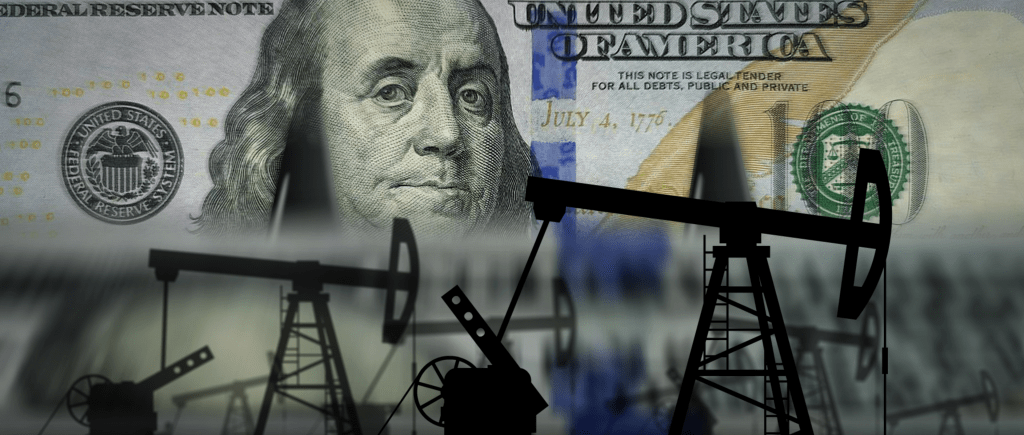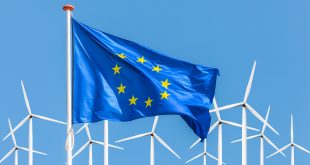Oil prices surged on Tuesday on expectations that China’s strict COVID-19 controls could be eased, but concerns that OPEC+ would keep its output unchanged at its upcoming meeting limited the trading day’s gains.
Brent crude futures settled at $84.84 per barrel versus the previous closing price $83.21. WTI crude oil futures settled at $78.77 per barrel versus the previous closing price $78.20.
Returning to normal life in the major China’s cities could mean adequately sufficient reason for oil prices to jump again in the first significant price rebound during the past two weeks. Chinese health officials said that the country’s plan is to speed up COVID-19 vaccinations for elderly people in a step that aims at overcoming a key stumbling obstacle in efforts to ease the curbs that triggered protests.
US dollar’s weakness was one additional factor to help push crude prices higher. The dollar index fell to 106.65 from a 20-year high as investors are eying Fed’s peak rate early 2023 when inflationary pressures are expected to ease.
Oil prices received another blow on reports indicating that OPEC and allies including Russia may not adjust their output plans at their looming meeting on December 4.
Five OPEC+ sources said OPEC+ may keep oil output policy unchanged at next Sunday’s meeting, while two sources said an additional production cut is likely.
The meeting, primarily planned as a physical gathering, may be turned into a virtual event, adding to worries that a cut was not imminent. OPEC+ started to lower its output target by 2 million barrels per day (bpd) in November, aiming to provide a lever for oil prices. Market players are assessing the impact of a looming Western price cap on Russian oil.
G7 and EU diplomats have been discussing a cap on Russian oil between $65 and $70 a barrel, to limit revenue to fund Moscow’s military operations in Ukraine without disrupting global oil markets.
EU leaders failed to agree on the proposed cap, as Poland insists it should be set lower than the level proposed by the G7 according to diplomatic sources.
The price cap could come into effect as of December 5, and if there is no agreement, the EU is expected to implement harsher measures agreed at the end of May 2023, namely banning all Russian crude oil imports as of December 5 and on petroleum products as of February 5.

 Noor Trends News, Technical Analysis, Educational Tools and Recommendations
Noor Trends News, Technical Analysis, Educational Tools and Recommendations




